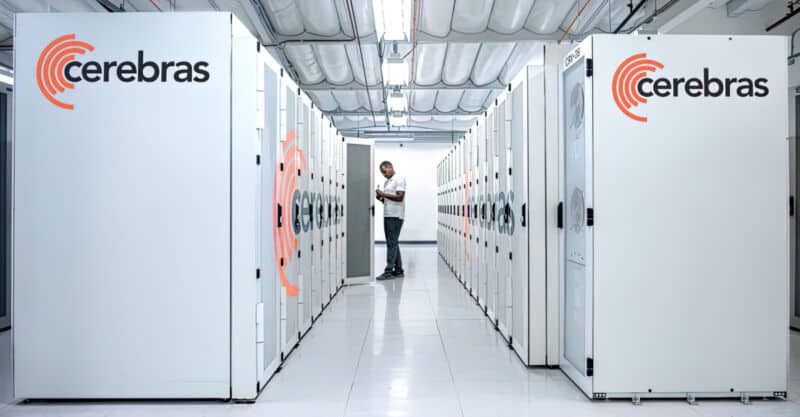
GPU impossible work was demonstrated by one of Andromeda’s first users, who achieved near perfect scaling on GPT-J at 2.5 billion and 25 billion parameters with long sequence lengths—MSL of 10,240. The users attempted to do the same work on Polaris, a 2,000 Nvidia A100 cluster, and the GPUs were unable to do the work because of GPU memory and memory bandwidth limitations.”Whether those claims hold up to external scrutiny is yet to be seen, but in an era where companies often train deep-learning models on increasingly large clusters of Nvidia GPUs, Cerebras appears to be offering an alternative approach. How does Andromeda stack up against other supercomputers? Currently, the world’s fastest, Frontier, resides at Oak Ridge National Labs and can perform at 1.103 exaflops at 64-bit double precision. That computer cost $600 million to build. Access to Andromeda is available now for use by multiple users remotely. It’s already being utilized by commercial writing assistant JasperAI and Argonne National Laboratory, and the University of Cambridge for research.
